Pauric Comerford, Roscrea, Co Tipperary
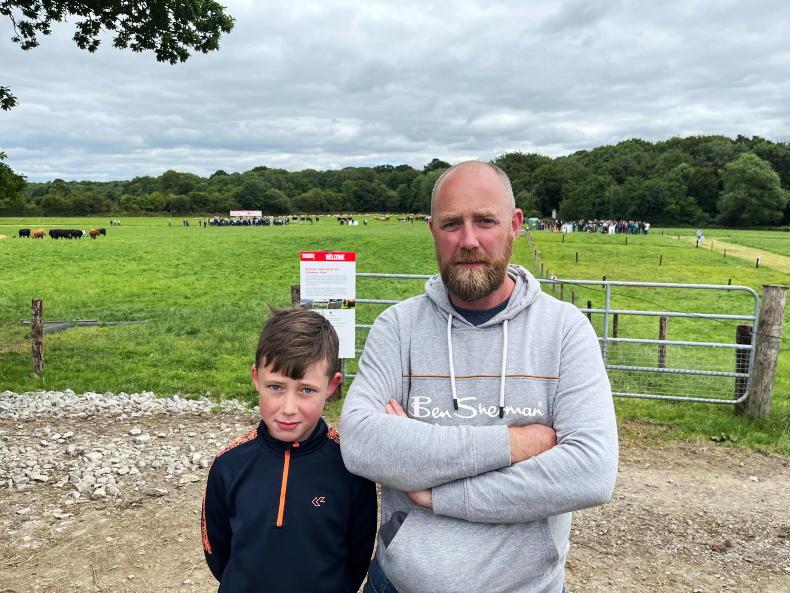
Pauric Comerford and son Billy at the Irish Farmers Journal beef and sheep open day at Tullamore Farm.
Pauric Comerford, who runs 40 spring-calving suckler cows, says he doesn’t see a future in beef farming for his son Billy “not at the moment”.
“You definitely have to have a second income coming in for a small suckler farmer, for someone at our scale. Costs are getting too high the whole time.
"It’s sad to see a future going out of it. Before, the family farm was able to keep everyone going and now it’s just deteriorating.”
On rising farm inputs, he said: “Oh it has affected us fierce. Grass growth now we’re struggling at the moment. We haven’t the same fertiliser put out.
"I know the dry year has impacted us a small bit, but you’re heading on to the second half of the year and you’re thinking about housing now, you know that’s the next thing down the line.”
He said when it comes to climate measures, farmers are just an “easy target”.
“They’re saying nothing about the planes in the sky or the impact and damage they have. The methane out of cows is good. Where do we go with that? Who do we believe?”
Comerford said he will not be enticed into organic farming by increased Government payments. He said he has invested in farm infrastructure and enhanced production, but now “they want us to reduce”.
He asks how politicians expect farmers to make their repayments on this investment and warned that “it doesn’t make sense” to go organic.
Michelle Curley, Co Kildare

Michelle Curley and family at the Irish Farmers Journal beef and sheep open day at Tullamore Farm.
Calf-to-beef and suckler farmer Michelle Curley said that while it won’t be for full-time farming, she does see a future in the beef sector for her children.
“It’ll be part-time, more environmentally linked in suckler and calf-to-beef, they kind of all have to work together.”
She said rising input costs have led her to cut back on fertiliser use by 50%, but that she “still got the tonnage in the grass” this year.
On organics, she said: “I did look at it, but the downside is that there’s only one organic sales mart in Ireland. The market isn’t there, the replacements aren’t there, the farmers aren’t there, it’s just not there yet.”
Curley said farming isn’t being treated fairly when it comes to climate targets.
She said that to Government, farming is the “easy target” because Ireland hasn’t other “heavy industries” like in the United States, so “they’re just picking on us”.
“I think instead of being the poor boy all the time, we need to show the positives and kind of link in with the urban people a bit more. That’s all that’s wrong. We just need to communicate.”
Stephen McConville, Co Louth
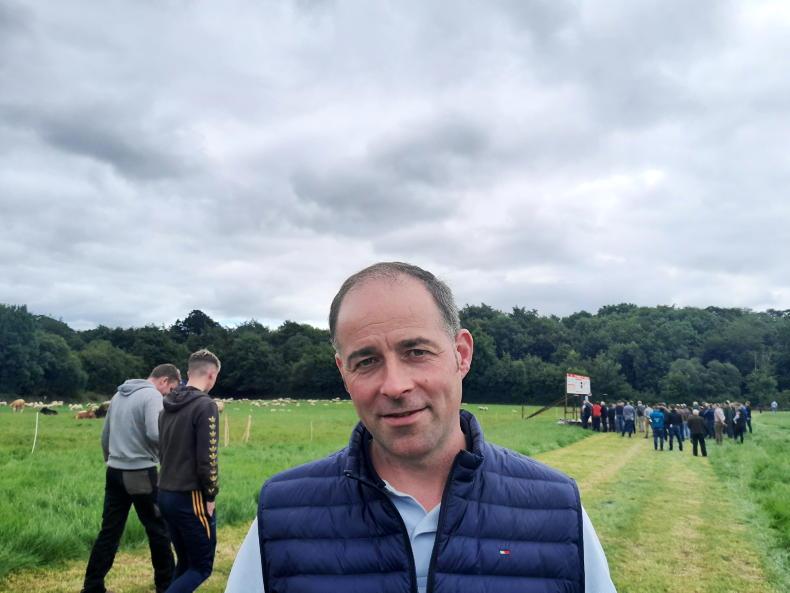
Stephen McConville - suckler farmer in Co Louth.
Suckler farmer Stephen McConville told the Irish Farmers Journal that farmers in the northeast had been helped by favourable grass-growing conditions, but that he is also weary of factories pulling back quotes as cattle come on stream.
“They are trying to pull the beef market back. The only thing there would be offloaded early to cover costs, just for fertiliser, paying for contractors. Just to keep cashflow going.
“You are going to see cows shipped out in some places just to keep it going. Things are tight at the minute. Just the start of the year now was tricky enough with the weather.
"It’s a great grass year, but like every year, it’s still just about getting that window. Everything after that went well.
“You have to keep the power going because if you don’t, it will all fall back. You have to hope and do your best. Hope the prices will be there.”
Patrick Montgomery, Co Clare
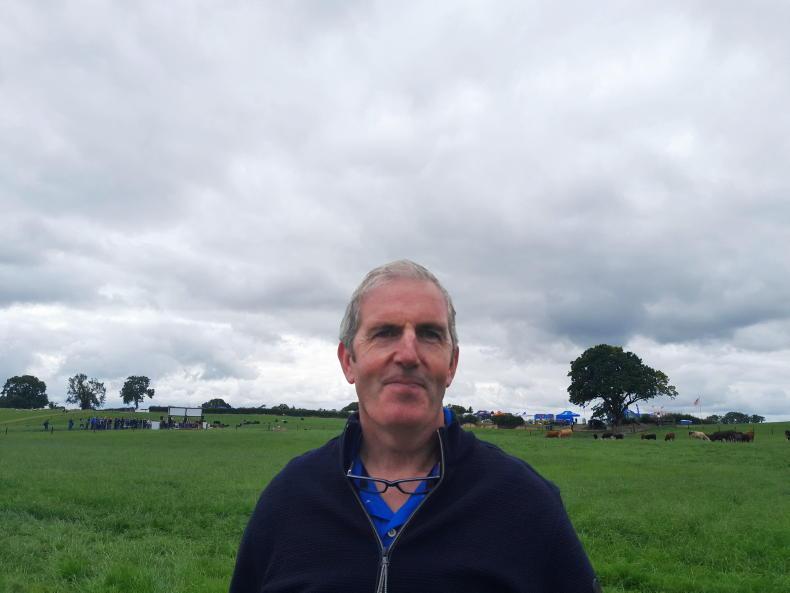
Patrick Montgomery - suckler farmer selling all as weanlings in west Clare.
Patrick Montgomery changed his beef system from taking bull progeny to slaughter in a high concentrate system to selling all calves as weanlings.
He explained that farmers would need selling options with less risk than the current processor price fluctuations for them to continue producing beef into the future.
“We just don’t seem to have any guarantee of what we will get at the end. It’s a pity [that] factories can’t look after us the same way that co-ops look after dairy farmers.
“We are left open, too exposed. I think the risk needs to be taken out. Farmers are always willing to take in something if the risk is manageable.
“I have gone big with the clover this year. It is the fertiliser pushed me towards this, but the environment was a consideration as well.”
Pauric Comerford, Roscrea, Co Tipperary

Pauric Comerford and son Billy at the Irish Farmers Journal beef and sheep open day at Tullamore Farm.
Pauric Comerford, who runs 40 spring-calving suckler cows, says he doesn’t see a future in beef farming for his son Billy “not at the moment”.
“You definitely have to have a second income coming in for a small suckler farmer, for someone at our scale. Costs are getting too high the whole time.
"It’s sad to see a future going out of it. Before, the family farm was able to keep everyone going and now it’s just deteriorating.”
On rising farm inputs, he said: “Oh it has affected us fierce. Grass growth now we’re struggling at the moment. We haven’t the same fertiliser put out.
"I know the dry year has impacted us a small bit, but you’re heading on to the second half of the year and you’re thinking about housing now, you know that’s the next thing down the line.”
He said when it comes to climate measures, farmers are just an “easy target”.
“They’re saying nothing about the planes in the sky or the impact and damage they have. The methane out of cows is good. Where do we go with that? Who do we believe?”
Comerford said he will not be enticed into organic farming by increased Government payments. He said he has invested in farm infrastructure and enhanced production, but now “they want us to reduce”.
He asks how politicians expect farmers to make their repayments on this investment and warned that “it doesn’t make sense” to go organic.
Michelle Curley, Co Kildare

Michelle Curley and family at the Irish Farmers Journal beef and sheep open day at Tullamore Farm.
Calf-to-beef and suckler farmer Michelle Curley said that while it won’t be for full-time farming, she does see a future in the beef sector for her children.
“It’ll be part-time, more environmentally linked in suckler and calf-to-beef, they kind of all have to work together.”
She said rising input costs have led her to cut back on fertiliser use by 50%, but that she “still got the tonnage in the grass” this year.
On organics, she said: “I did look at it, but the downside is that there’s only one organic sales mart in Ireland. The market isn’t there, the replacements aren’t there, the farmers aren’t there, it’s just not there yet.”
Curley said farming isn’t being treated fairly when it comes to climate targets.
She said that to Government, farming is the “easy target” because Ireland hasn’t other “heavy industries” like in the United States, so “they’re just picking on us”.
“I think instead of being the poor boy all the time, we need to show the positives and kind of link in with the urban people a bit more. That’s all that’s wrong. We just need to communicate.”
Stephen McConville, Co Louth

Stephen McConville - suckler farmer in Co Louth.
Suckler farmer Stephen McConville told the Irish Farmers Journal that farmers in the northeast had been helped by favourable grass-growing conditions, but that he is also weary of factories pulling back quotes as cattle come on stream.
“They are trying to pull the beef market back. The only thing there would be offloaded early to cover costs, just for fertiliser, paying for contractors. Just to keep cashflow going.
“You are going to see cows shipped out in some places just to keep it going. Things are tight at the minute. Just the start of the year now was tricky enough with the weather.
"It’s a great grass year, but like every year, it’s still just about getting that window. Everything after that went well.
“You have to keep the power going because if you don’t, it will all fall back. You have to hope and do your best. Hope the prices will be there.”
Patrick Montgomery, Co Clare

Patrick Montgomery - suckler farmer selling all as weanlings in west Clare.
Patrick Montgomery changed his beef system from taking bull progeny to slaughter in a high concentrate system to selling all calves as weanlings.
He explained that farmers would need selling options with less risk than the current processor price fluctuations for them to continue producing beef into the future.
“We just don’t seem to have any guarantee of what we will get at the end. It’s a pity [that] factories can’t look after us the same way that co-ops look after dairy farmers.
“We are left open, too exposed. I think the risk needs to be taken out. Farmers are always willing to take in something if the risk is manageable.
“I have gone big with the clover this year. It is the fertiliser pushed me towards this, but the environment was a consideration as well.”








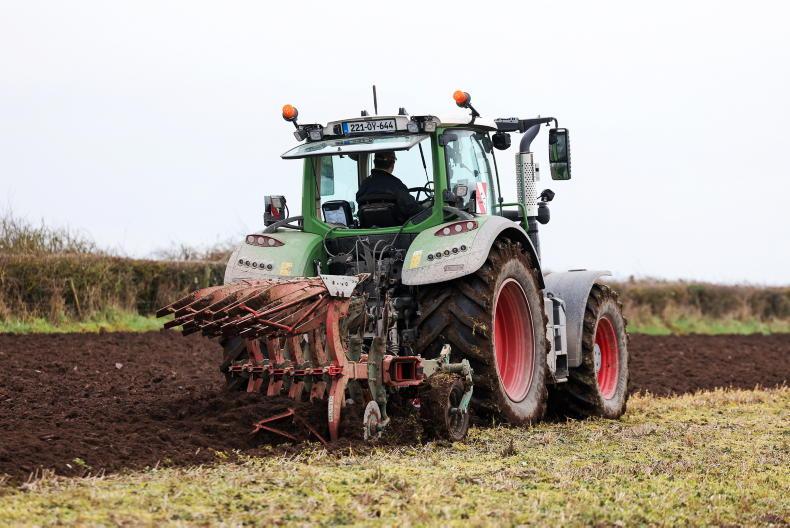

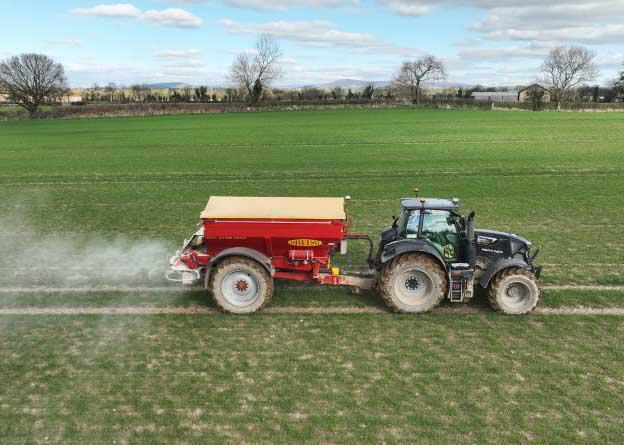
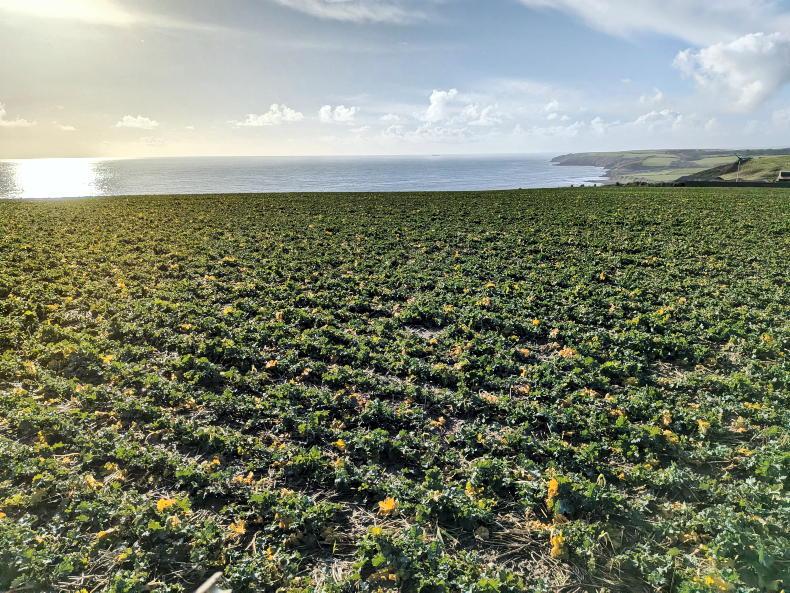
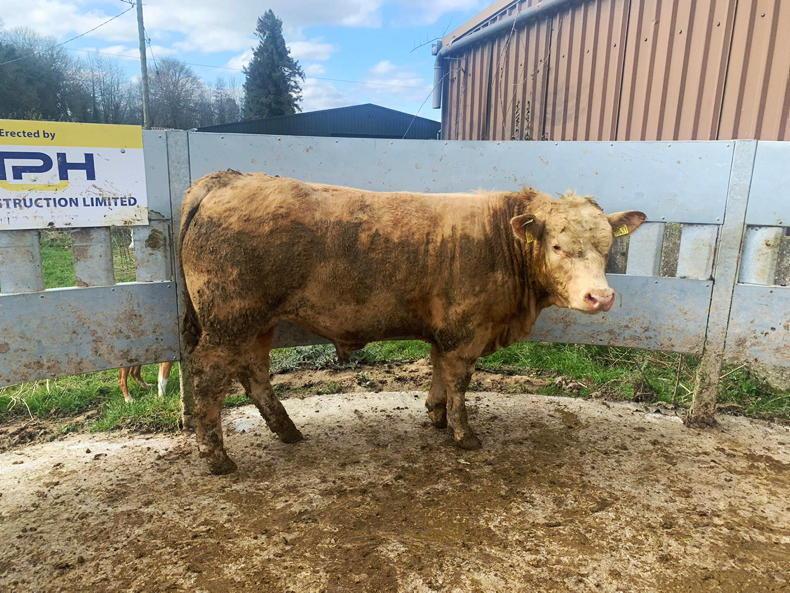
SHARING OPTIONS